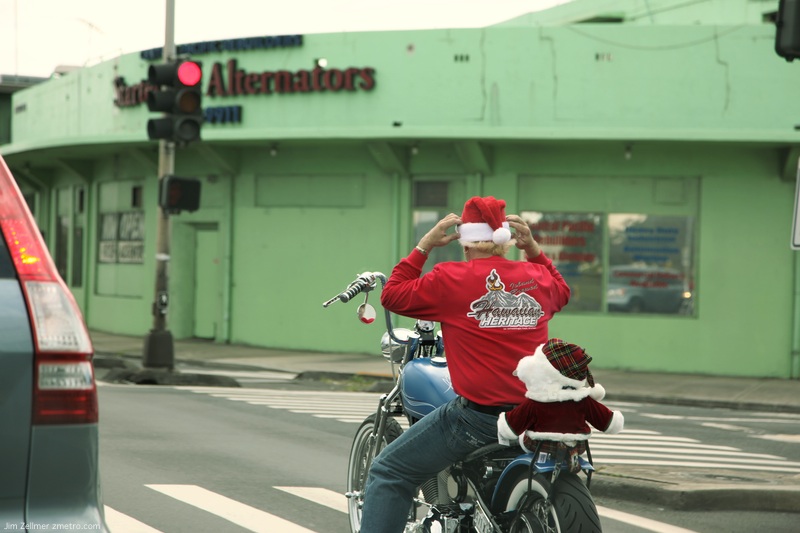Now the iPod can answer the question: Am iDrunk?
A new product called the iBreath turns Apple Inc.’s iPod into an alcohol breathalyzer.
The $79 accessory plugs into the base of the iPod and functions like a field sobriety test. The person using the iBreath exhales into a retractable “blow wand” and the internal sensor measures the blood-alcohol content. Within two seconds, it displays the results on an LED screen. A reading of 0.08 or above sets off an alarm, signaling a blood-alcohol level above the legal limit in all 50 states.
“We are absolutely not advocating drinking and driving, but we know that people just don’t observe that,” said Don Bassler, chief executive and founder of David Steele Enterprises Inc. in Newport Beach, an online retailer and creator of the iBreath. “We don’t want people to think that this makes it all OK, but it’s a safety device that we hope people will use, and it may save lives.”
The iBreath is among a growing number of products for the iPod and iPhone designed to combat excessive holiday reveling. Last Call, a new application for the iPhone, provides a tool for estimating blood-alcohol content (as well as a list of attorneys who specialize in DUI arrests).
Fascinating.




